Promoting alternative types of sexualities than the monogamous heterosexual couple is (thankfully) becoming more prominent in our society, and Rollins’ Spectrum organization serves to spread tolerance for every individual on campus regardless of sexual orientation or gender. Included in Spectrum’s LGBTQQIPAA is “asexuality,” however, asexuality is often overlooked and misunderstood. On March 26, “The Birds and Bees,” a discussion group on human sexuality, held a discussion specifically pertaining to asexuality to bring more awareness to the campus.
Niki Inclan ‘14, co-president and co-founder along with Dilsia Fernandez ’14, shared how “The Birds and The Bees” originated: “We took an intersession class on U.S. Sexuality with Dr. Russell in 2012 and greatly enjoyed the way Dr. Russell moderated open conversations in the class. We had very conservative freshmen students and more liberal upperclassmen in the class, yet the dialogue always remained respectful and enlightening. Dilsia and I wanted to continue those kinds of talks so we started a sex-positive discussion group.”
Each discussion revolves around a certain sexually related topic that usually is not mentioned in mainstream media or culture. “We talk about everything pertaining to human sexuality: sexual activities, sexual health, orientation, identities, kinks, fetishes, you name it. What Dilsia and I don’t know, we research alongside our members,” says Inclan. “The point is to provide students with a safe, judgment-free place to share their thoughts, ask questions and the opportunity to discuss sex as a normal, healthy part of life.”
During the discussion about asexuality, a Rollins student opened up about his own asexuality and explained that, “An asexual person is a person who does not experience sexual attraction.” Asexuals, however, may still desire a romantic relationship. Therefore, it’s difficult to determine whether asexuality should be considered a sexual orientation. The student admitted that the main advocacy website, The Asexual Visibility and Education Network (AVEN), helped him connect with other asexuals.
Currently, only one percent of the population is believed to be asexual, but there is a great possibility that this number is higher. One of AVEN’s top priorities is to gain more visibility for the asexual population. The student’s openness and vulnerability was extremely admirable. The discussion was small and intimate, and everyone felt comfortable asking questions and expressing their opinions.

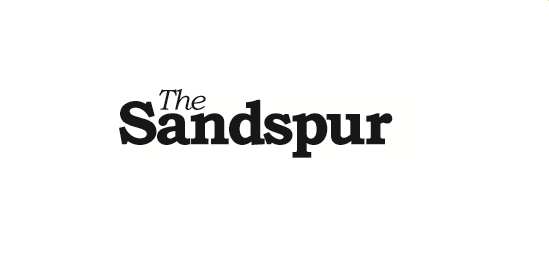
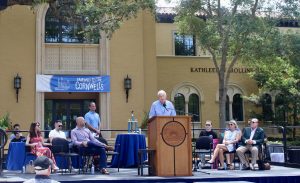
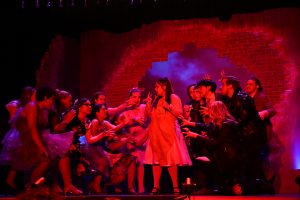
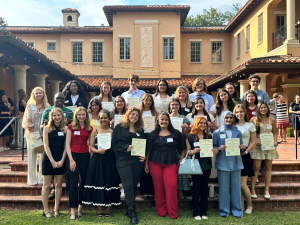
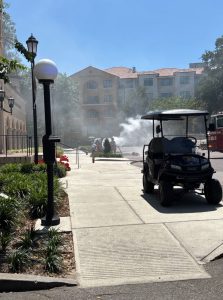
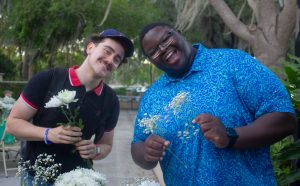
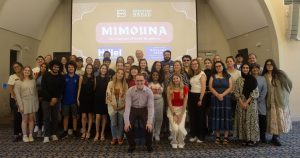





Be First to Comment